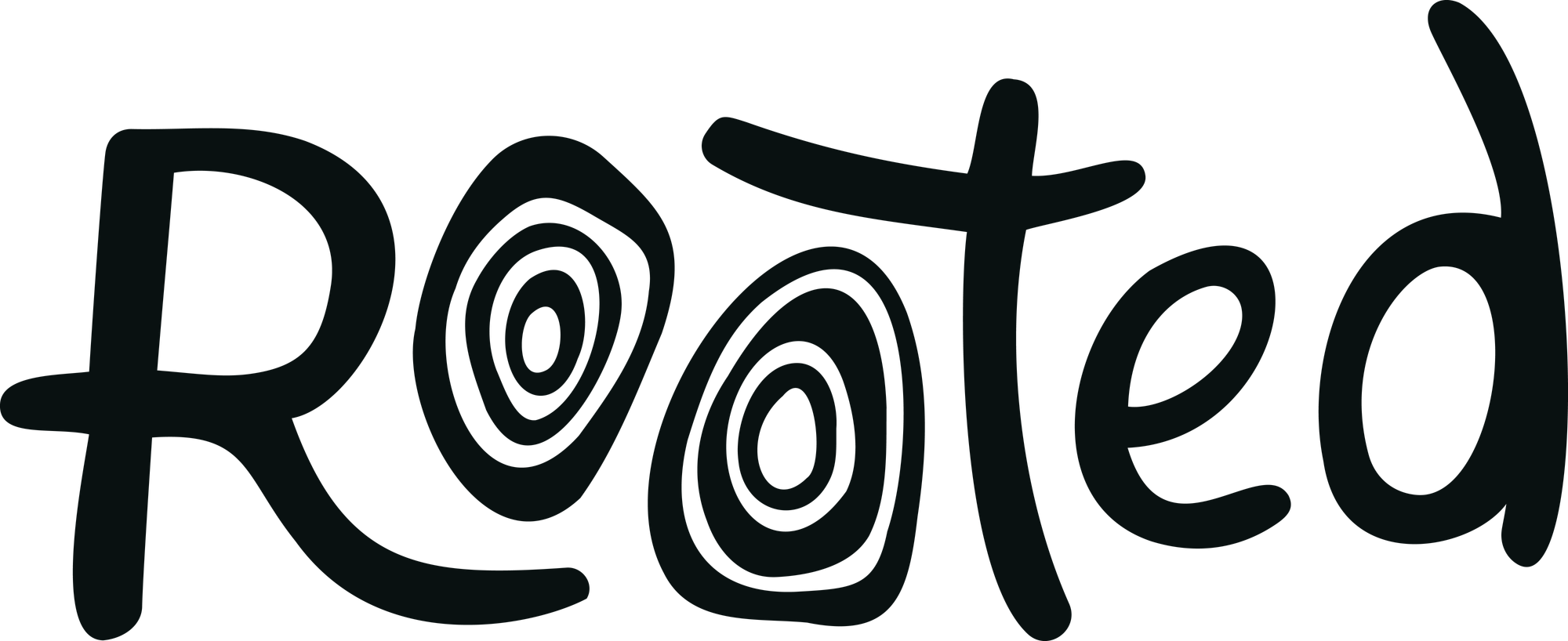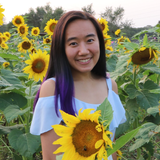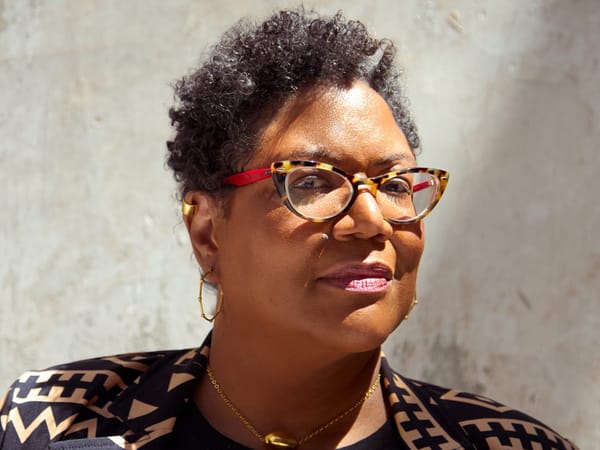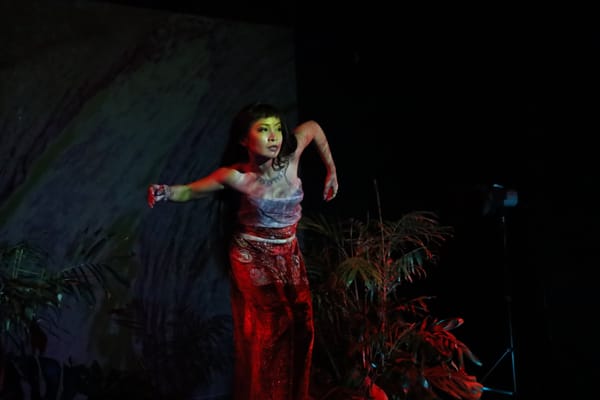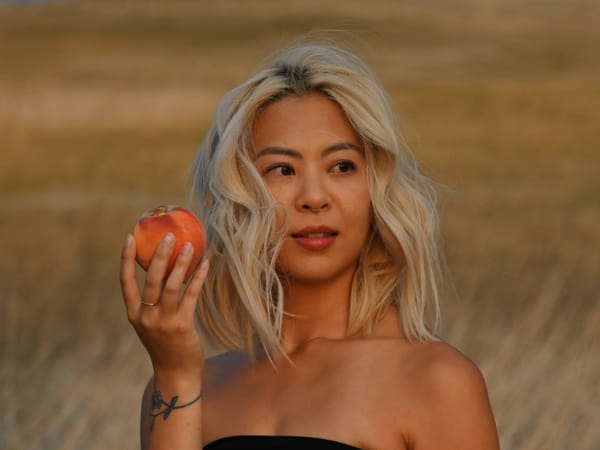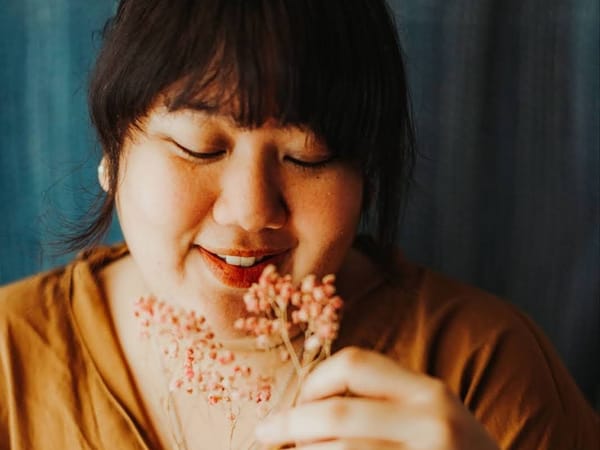‘Julie Chan is Dead’ and the dark side of influencer fame: A Q&A with author Liann Zhang
In her gripping debut novel, Liann Zhang taps into her own past and explores twin identity, influencer culture and internet infatuation.
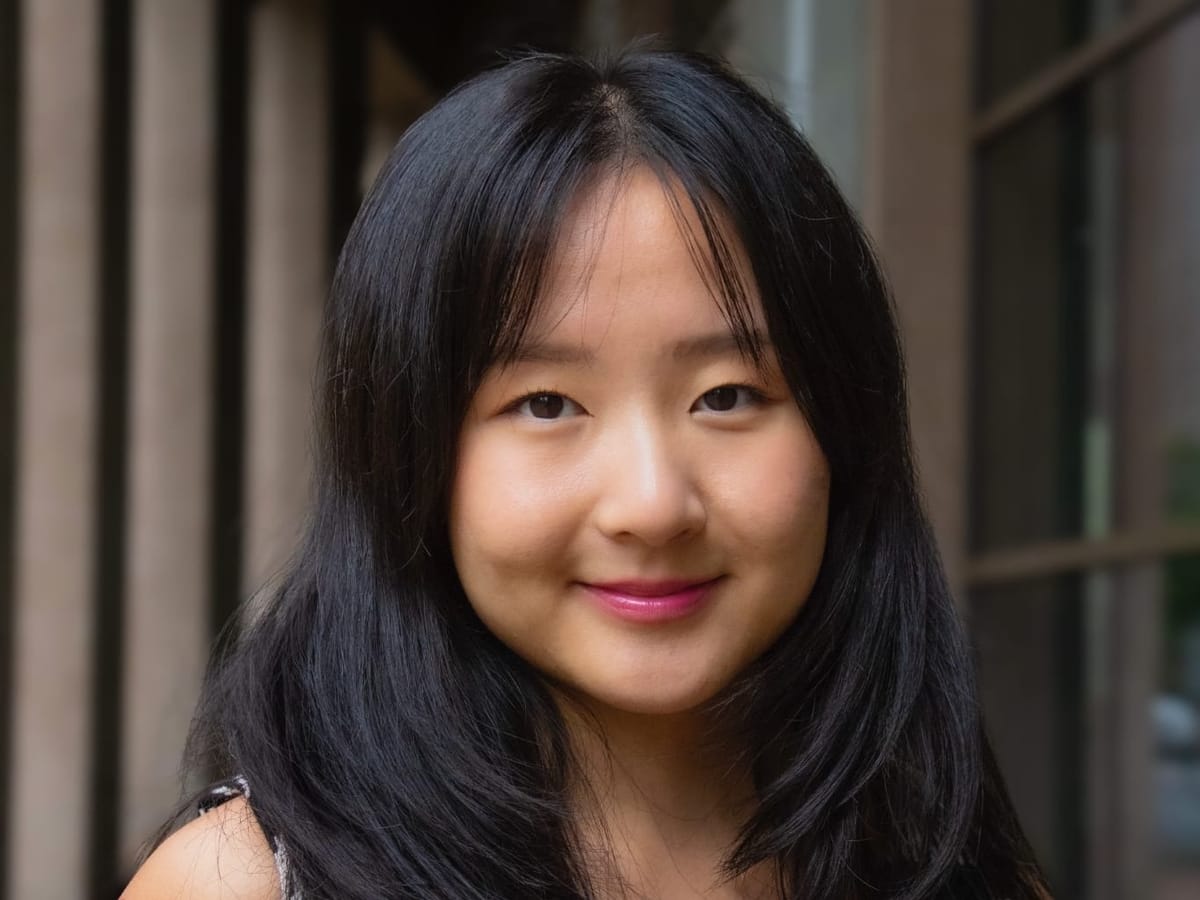
Working a minimum wage job at a supermarket, Julie Chan has little to lose except her cool, but customers keep acting weird around her.
“Are you filming a video?” one customer asks.
Even when she denies it, the customer presses. Isn’t she Chloe Van Huusen, a famous influencer?
She’s not. Chloe is her twin sister. Julie has her blocked on socials to maintain her sanity, but she’s too famous, and they share a face.
In Liann Zhang’s unputdownable debut thriller, “Julie Chan is Dead,” Julie and Chloe are twins separated at a young age. Chloe was adopted by an affluent white couple and has everything: money, fame, adoration. Julie has none of that. She was raised by her aunt. One day, Julie gets an unexpected call from Chloe, sounding unwell. When Julie goes to her apartment to check on her, she finds her dead on the floor. She takes the opportunity to steal Chloe’s life for her own, only to find out it wasn’t as great as she thought.
The book is inspired by Zhang’s own experiences as a skincare influencer and classes she took about cults while studying at the University of Toronto, where she graduated with degrees in criminology and psychology. She’s not in the influencing game now, but the experiences stuck with her.
This interview has been edited and condensed for clarity.
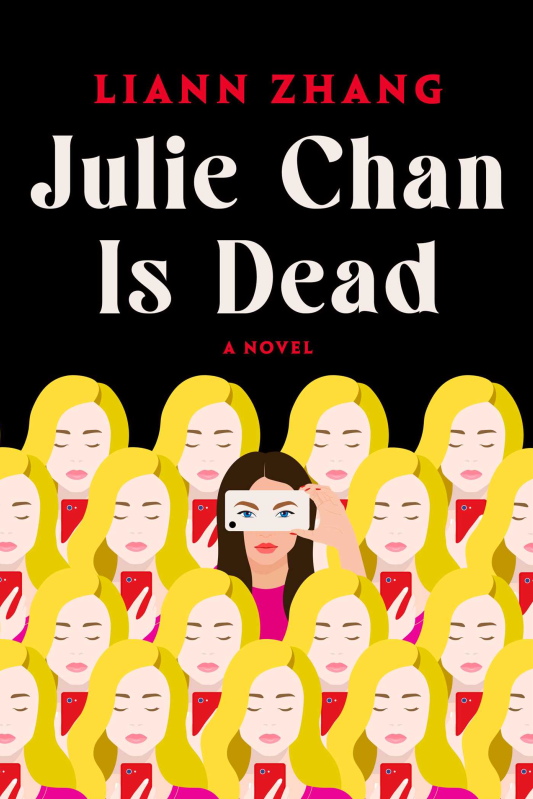
Something that caught my eye about your bio is that you were not writing about the world of influencers from the outside — you did content creation yourself. Tell me about your time as an influencer.
I did have a short stint as a small influencer myself, definitely nothing to the level of the influencers in this book.
If I was, I probably would not have written the book and just have gone full force into that. But, in high school, I had awful cystic acne. So, being chronically online, what else am I going to do but start, like, a skincare review account? Lo and behold, somehow people started to follow me even though I was a teenager that knew nothing. [The account was] not that big, like 25,000 [followers], but it was big enough where I was getting PR like every single day.
I kind of got to see the behind-the-scenes of everything and was inducted into that world in a small way. So some of the relationships and the scenes are things that I observed, and a lot of the other more crazy things are kind of based on real influencer drama if you're in the know about the influencer stuff.
Something I’ve thought about reading your book is navigating the white influencer space as a person of color, and it occurs to me that that’s something you had to do as an influencer, but also, you might be having to do in a different way now as an author of color in publishing. What are the vibes?
It's so funny to me because I grew up in Vancouver. It's kind of known as China number two. So I never felt marginalized as a child, not in the way that a lot of other Asians [do] — like nobody ever was like looking at my noodles and calling them worms, everybody was eating noodles, you know? So like, and so my first kind of foray into that space was like online in adulthood.
Of course, people who have enough usually tend to be a specific type — like white women. But what I found staggering about it is how they conducted themselves. Being in the immigrant mindset, having the typical immigrant parent story, I have a great appreciation for the things I have and the things I'm given for free, but being in these group chats and kind of seeing, they would essentially get really petty and entitled about how specific brands didn't give me X things or include me in X campaigns and be really jealous of other people. And it was crazy 'cause I was a teenager, and I was seeing these grown white women acting this way. And I was like, why are you acting like this?
In terms of the writing space, I think I'm very lucky in that everybody has been really nice. I think most people understand the grind of being an author and like trying to get your book published.
I'm like a part of a few author groups, and they all are a white women except for me, which is like always … but, you know, they're nice. I feel like most writers I know all kind of come from this cold querying process where it's only what you're able to write that distinguishes you. Overall, in the writing community, it's been pretty okay so far.
In early reviews of your book on Bookstagram, everyone kind of has the same structure: the book starts out one way, and there’s a big twist toward the ending when they head out on a trip. Talk to me about that.
I really wanted to do a trapped locked room type of situation on an island. I did have the idea of this "culty" vibe because I always felt like social media was a bit "culty." That was definitely something that was in my mind going into it.
The ending, I knew, was going to be the type of story I like. Like what? She's gonna go to jail to get and get caught? That'd be so boring! I needed it to be something explosive and fun and crazy.
I love it when books kinda throw me for a loop. The creepy stuff just kind of naturally came out. I definitely did not plan for certain scenes to happen, but like as I was writing, it just came to me. It’s one of those things where it just felt like it was right.
In your book, Julie steals Chloe’s life. Is there an author's life you feel like you could steal?
Okay, but like, do I have to write their books? I wouldn't necessarily wanna write anyone else's books.
“Yellowface” style: you come in and take over a manuscript that's already finished. You don't have to write it. It's done, but you do their press events.
I don’t know — Suzanne Collins? Cause she's making millions. I just finished [her latest book] last night. She never disappoints.
